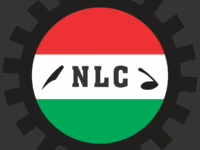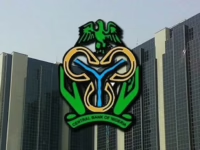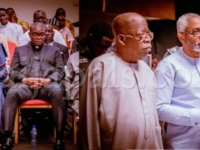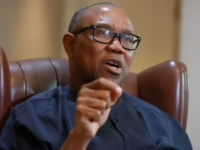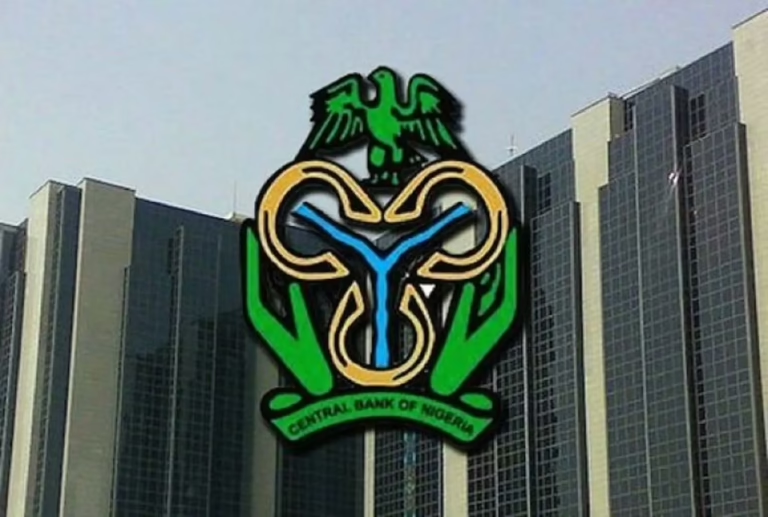Experts in financial markets have welcomed the Central Bank of Nigeria’s (CBN) announcement to take direct control of the Nigerian Fixed Income Market starting November 2025, describing it as a decisive move to enhance transparency, clarify regulatory roles, and boost the efficiency of monetary policy implementation.
In an official notice signed by Okey Umeano, the acting director of the Financial Markets Department, the CBN revealed its plan to oversee the trading platform and settlement processes for fixed-income securities, responsibilities that were previously managed by FMDQ.
This initiative represents the initial stage of a comprehensive reform aimed at “fortifying market integrity, optimizing operational workflows, and establishing a cohesive regulatory framework that ensures comprehensive supervision of fixed income transactions.” Analysts suggest this shift will reduce the independence of private market operators like FMDQ, whose involvement in sovereign debt trading and settlement has faced criticism regarding transparency and price discovery mechanisms.
Jimi Ogbobine, head of Consulting at Agusto Consulting Limited, described the CBN’s policy as a “turning point” for Nigeria’s debt market. He noted that FMDQ will now be expected to focus exclusively on non-sovereign debt instruments.
“This development could revolutionize the Nigerian debt market by encouraging FMDQ to expand other sectors such as green bonds, municipal bonds, and commercial papers. It also paves the way for innovative corporate bond issuances, potentially attracting listings from companies across Africa,” Ogbobine explained.
An anonymous senior trader from a leading Tier-1 bank commented that the reform was overdue, emphasizing the CBN’s legal responsibility to uphold monetary and financial stability. “This change will significantly reshape FMDQ’s operational environment,” the trader said.
“The CBN’s regulatory reach naturally covers money market instruments like Treasury Bills, foreign exchange derivatives, and commercial papers. While FMDQ will continue to operate within the corporate and sub-national debt markets under the Securities and Exchange Commission’s supervision, sovereign debt regulation has long required clearer oversight,” the dealer added.
Another industry insider highlighted that recent challenges in managing naira forwards revealed systemic flaws that necessitated tighter central bank supervision.
He remarked, “The CBN is now addressing persistent structural imbalances. Prior to FMDQ’s increased independence, the Financial Markets Dealers Association (FMDA) collaborated closely with the CBN, fostering better coordination and market discipline-principles this reform aims to reinstate.”











